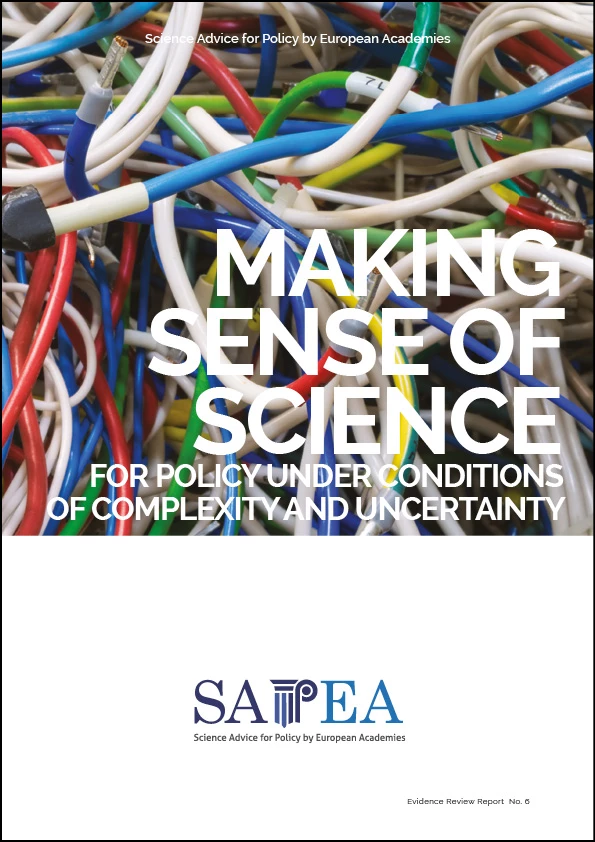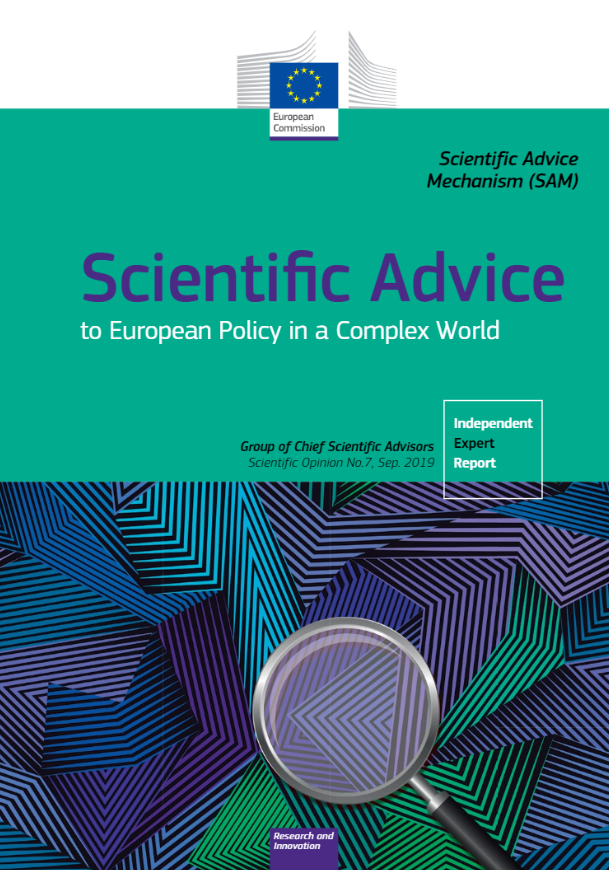Many of the world’s most pressing problems are also incredibly complex — including climate change, environmental pollution, economic crises and the digital transformation of societies. What’s more, the scientific knowledge around these areas can often be uncertain or contested.
Science is one of many sources of knowledge that inform policy. Its unique strength is that it is based on rigorous enquiry, continuous analysis and debate, providing a set of evidence that can be respected as valid, relevant and reliable.
Science advice supports effective policymaking by providing the best available knowledge, which can then be used to understand a specific problem, generate and evaluate policy options and monitor results of policy implementation. It also provides meaning to the discussion around critical topics within society. The advice works best when it is guided by the ideal of co-creation of knowledge and policy options between scientists and policymakers.
The relationship between science advisers and policymakers relies on building mutual trust, where both scientists and policymakers are honest about their values and goals.
Scientific knowledge should always inform societal debate and decision-making. Citizens often have their own experiences of the policy issue under consideration and should be included in the ongoing process of deliberation between scientists, policymakers and the public.
























